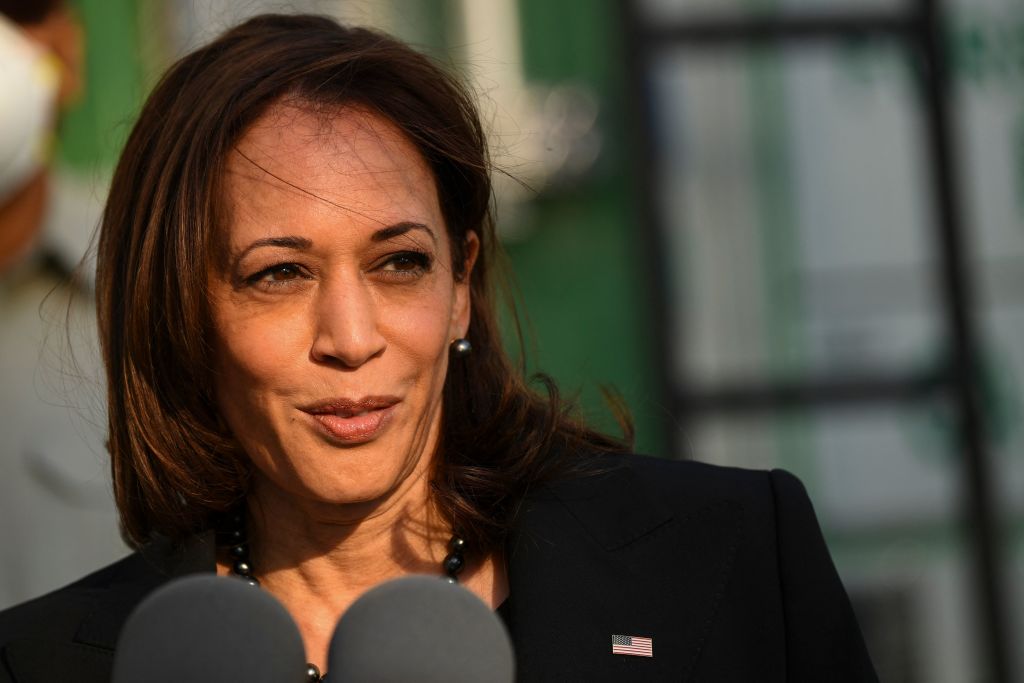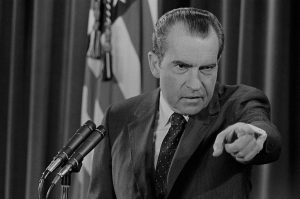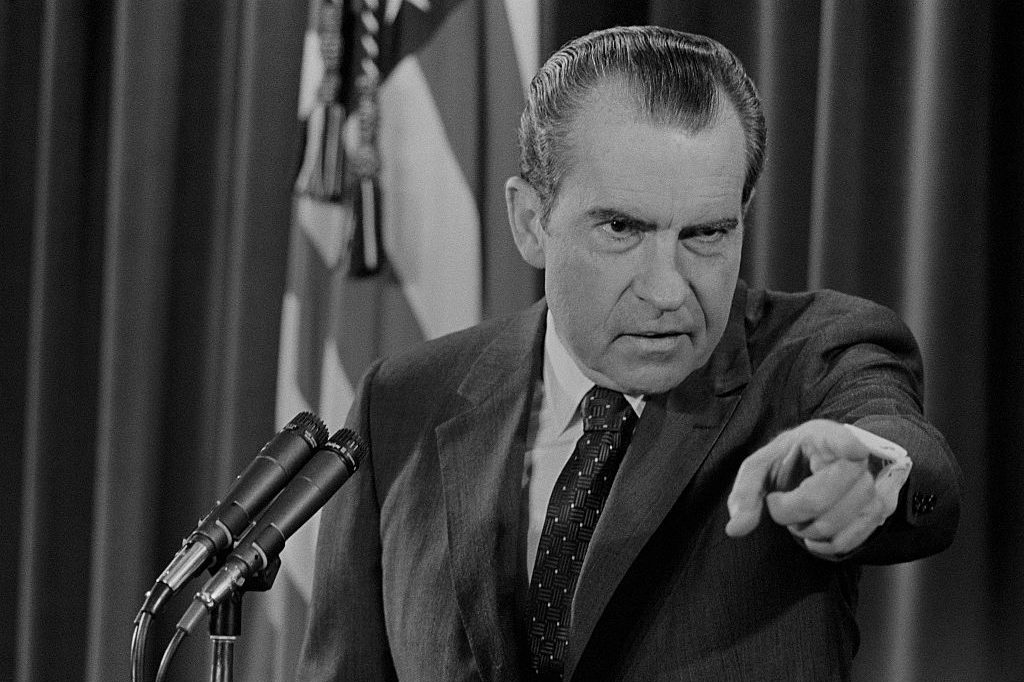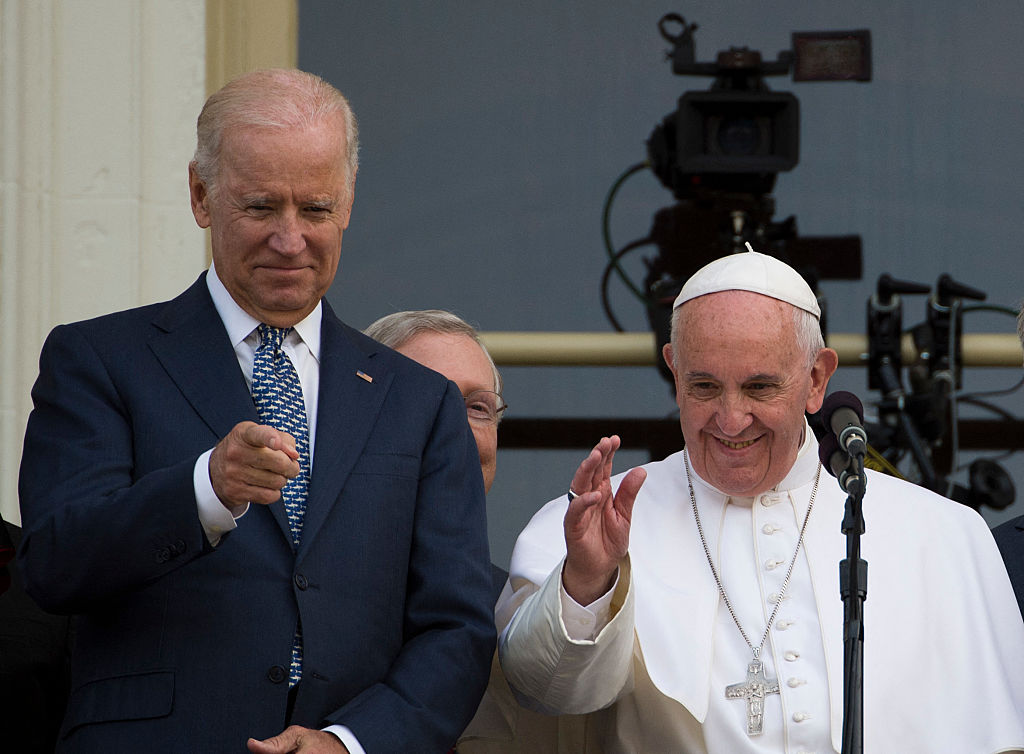After giving up on the border crisis and Ukraine, Kamala Harris seems to have found an issue much more her speed: online name-calling.
Last week, Harris announced the launch of the White House Task Force to Address Online Harassment and Abuse, which will be handled through President Biden’s Gender Policy Council. Exhausted yet?
Interestingly enough, the task force will be co-chaired by the National Security Council. Members of the NSC include the secretary of state, Antony Blinken, the attorney general, Merrick Garland, the Health and Human Services secretary, Xavier Becerra, and the Homeland Security secretary, Alejandro Mayorkas.
Mayorkas had previously attempted to form a board on disinformation, which was scrapped when background information emerged about its proposed chief Nina Jankowicz, who revealed she herself had participated in several disinformation campaigns.
But the Disinformation Board wasn’t dead yet — it’s just been rebranded with the same players, sans Jankowicz, and is now headed up by the Veep herself.
Much of the same language used to describe the Disinformation Board has been carried over to the Task Force to Address Online Harassment, including the involvement of social media platforms and private entities. This was revealed by Senator Chuck Grassley last week in a DHS memo that contradicted many of Mayorkas’s and Jankowicz’s own statements about the purview of the Board. Jankowicz had claimed the Disinformation Board would focus on domestic issues like migration and the spread of “disinformation” around homeland events, citing specifically the mass shooting at a Buffalo grocery store.
And that’s exactly what a senior administration official told CNN would be the goal of the newly formed task force. According to CNN:
The recommendations, according to the senior administration official, will focus on increasing support for survivors of online harassment and abuse, expanding research into the problem, improving prevention efforts and strengthening accountability for offenders and for platforms. The official noted that the administration believes it’s crucial to understand the “nexus between online misogyny and radicalization to violence,” noting recent mass violence like the Buffalo, New York, supermarket shootings.
What does “accountability” for platforms look like? And who makes these decisions about what qualifies as online abuse and harassment? The language and mission statement of the Harris task force is eerily similar to that of the Disinformation Board. It appears the Biden administration had no intention of shelving its half-cooked idea to combat what it sees as disinformation — or, more candidly, stories and information the administration does not like.
At the task force launch event, Harris introduced tennis player Sloane Stephens, who said, “I’m a daughter, a sister, a wife. And I am more than an athlete, more than a label. Yet all of that is disregarded when people online seek to harass me and harm me. No matter whether I win or lose, someone online is mad, and they will make it known.”
It sure sounds like a Government Board has been formed to monitor mean things said to famous people on Twitter. Attorney General Garland narrowed the focus of the board, citing the need to combat online stalking — which is a bit different than mean comments on Instagram and tweets. “We are committed to relentlessly investigating these crimes, bringing to justice those who perpetrate them, and providing support for the survivors,” he said.
But Surgeon General Vivek Murthy, who also participated in the event, said, “It can no longer be acceptable for a technology company to put out a product and walk away from the responsibility for how it impacts users and communities. It can no longer be okay for social media platforms to be fertile grounds for hatred.”
This is a fundamental misunderstanding of what the internet is, how it works, and how free speech is protected. It’s much along the same lines as Nina Jankowicz’s own statements on what qualifies as harassment and “bad faith” (a favorite terminology among the political left and journalists).
The aim of this task force seems less geared toward stopping crime than stopping critics and trolls of the administration. Once again, Garland and Mayorkas should be called to testify in front of Congress about what exactly all this this will entail.

























